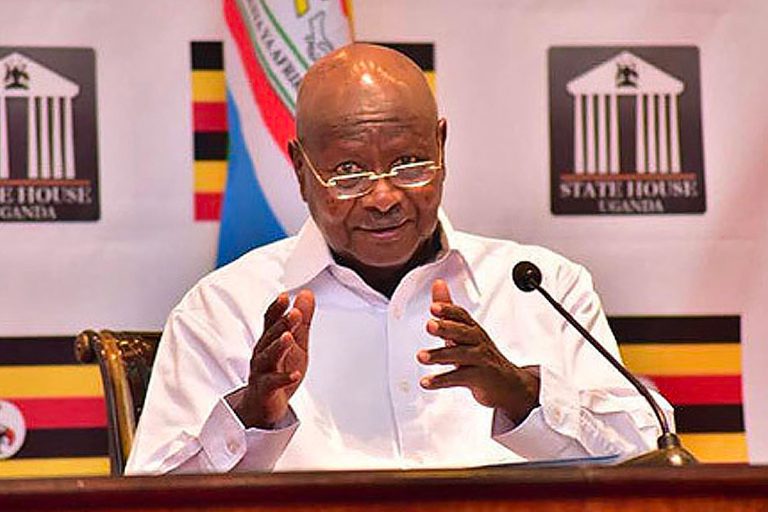
Debt Experts Warn of Fiscal Pressure as Combined Obligations Top N1.7 Trillion….
Nigeria is bracing to meet two major debt maturities before the end of 2025: a $1.12 billion Eurobond and a N100 billion Sukuk bond, highlighting growing pressures on the country’s debt management strategy.
The 7.625% Eurobond, issued in November 2018 and maturing on 21 November 2025, has been a key instrument in Nigeria’s external borrowing program, aimed at funding infrastructure and strengthening foreign reserves. Despite global economic uncertainty at issuance, the bond attracted strong investor participation.
Meanwhile, the 15.743% Federal Government of Nigeria (FGN) Sukuk, maturing on 28 December 2025, was issued through FGN Roads Sukuk Company 1 Plc to finance national road projects. Valued at approximately $68.5 million (N100 billion), the Sukuk underscores Nigeria’s push to diversify funding sources and deepen Islamic finance within the domestic market.
When converted at the current exchange rate of N1,465/$, the two obligations collectively amount to over N1.7 trillion, posing a significant test to Nigeria’s fiscal resilience amid rising debt service pressures.
External Debt Servicing Highlights
Data from the Debt Management Office (DMO) show that Nigeria spent over N5 trillion on debt servicing in the first half of 2025, raising questions about strategies to handle upcoming maturities, whether through refinancing, fresh borrowings, or alternative repayment approaches.
Between January and June 2025, Nigeria paid $2.32 billion (N3.4 trillion) in external debt. The IMF and Eurobond holders accounted for nearly 65% of this total, absorbing $1.5 billion (N2.197 trillion).
- The IMF alone received $816.3 million (N1.195 trillion), representing 35.2% of total external debt servicing.
- Eurobond obligations followed at $687.8 million (N1.007 trillion), or 29.6%.
- Concessional lenders such as the World Bank (IDA) and AfDB received a combined $463 million (N678.3 billion), while Chinese lenders collected $235.6 million (N345.15 billion).
Analysts note the declining role of Chinese loans as Nigeria strategically shifts toward multilateral and market-based financing, although Chinese funding remains critical for transport and energy infrastructure.
Domestic Debt Pressures
On the domestic front, debt servicing continues to rise. Between April and June 2025, the Federal Government spent an estimated N1.7 trillion on local debt repayments:
- FGN Bonds: N1.07 trillion (two-thirds of domestic servicing)
- Treasury Bills: N537.9 billion
- Other instruments (Sukuk, Green Bonds, Promissory Notes, Savings Bonds): < N95 billion
In total, Nigeria’s combined domestic and external debt servicing reached N5.7 trillion in H1 2025, nearly half of projected annual revenue. Analysts warn that high interest costs, short-term borrowing, rising yields, and volatile exchange rates increase refinancing risks and limit funds for critical sectors like infrastructure, education, and healthcare.



